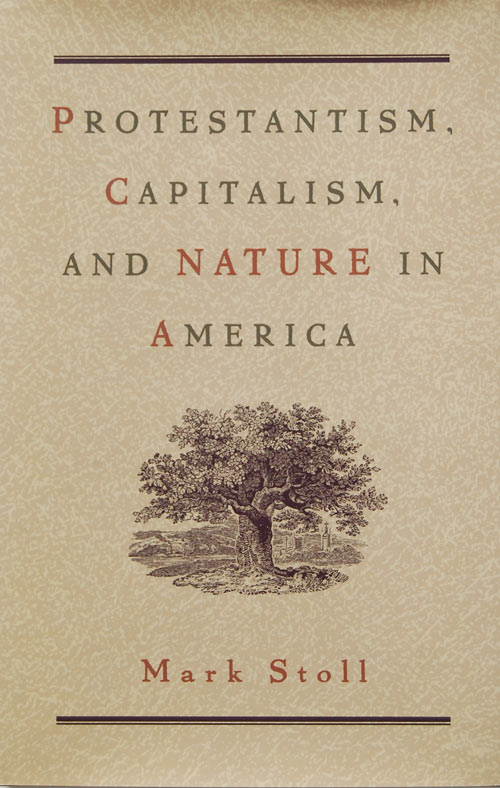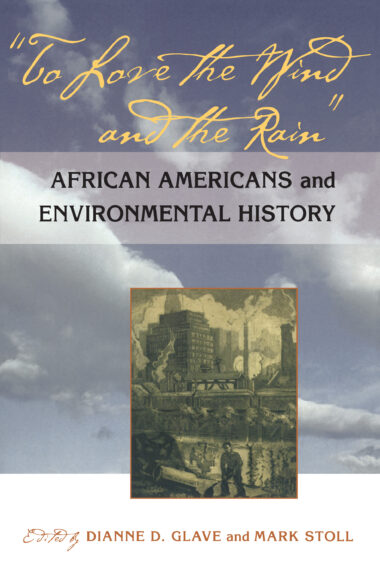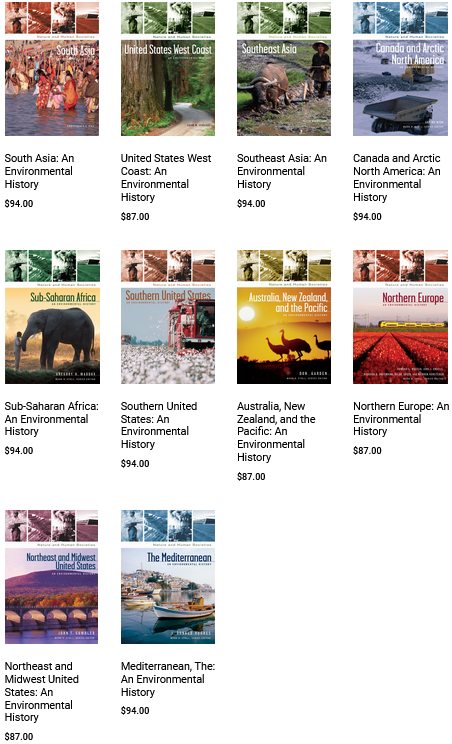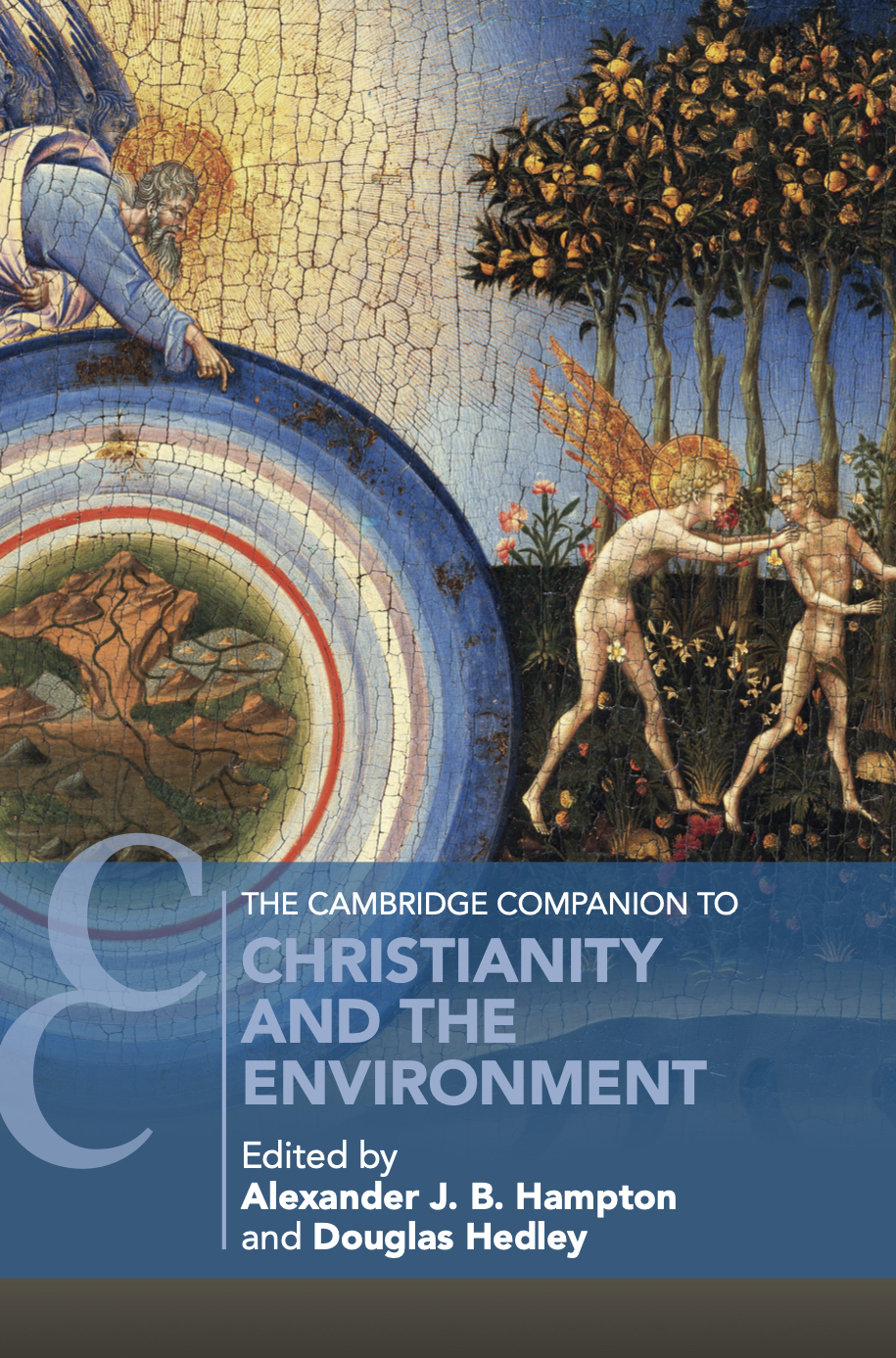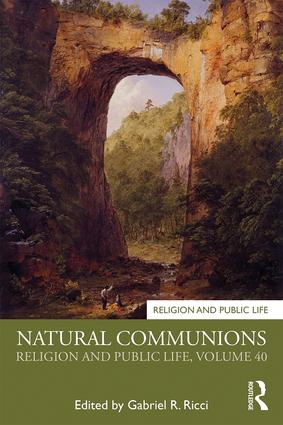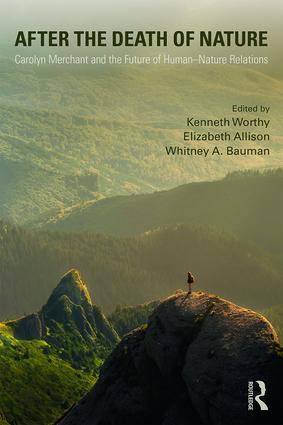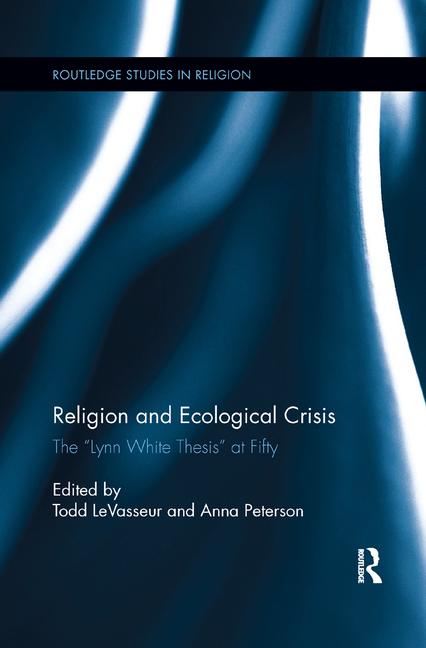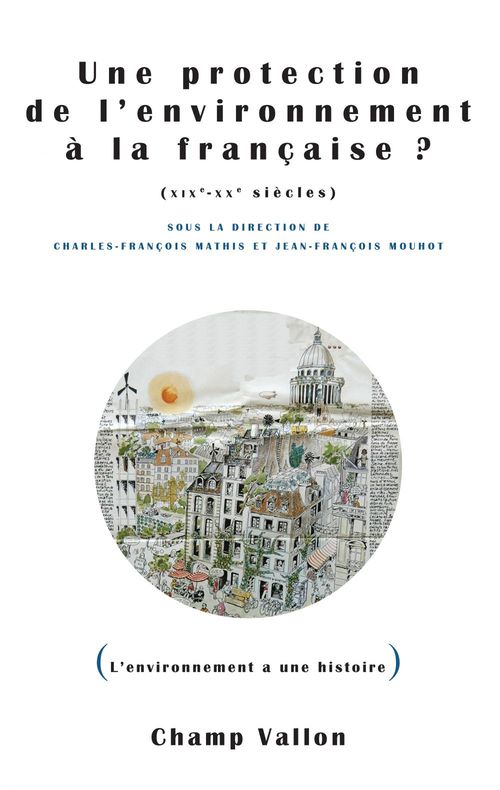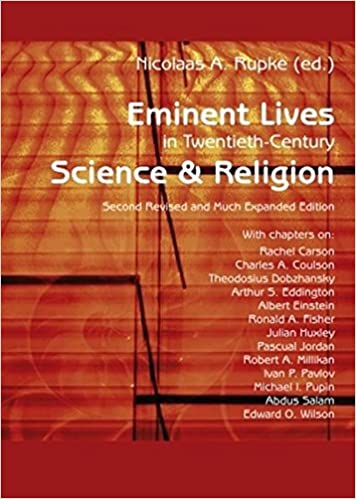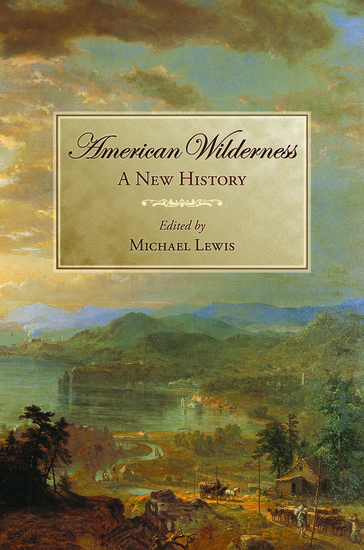MARK STOLL
SELECTED PUBLICATIONS
Books
Profit: An Environmental History
Polity, 2022
Portuguese translation: Lucro: Uma História Ambiental (Coimbra: Almedina, 2023)
Chinese translation: 利润的暗影:资本主义全球扩张与环境变迁史 (Hangzhao: Zhejiang University Press, 2024)
Turkish translation: Kâr: Kapitalizmin Tarihine Ekolojik Bakış (Istanbul: Ayrıntı Yayınları, 2024)
Korean translation: 거의모든것을망친자본주의 (Seoul: Seon Sun Hwan, 2024)
“Profit’s focus is not on proposing legislation or social activism but, rather, on presenting stories about the past. Yet it draws motivation from the present and offers lessons for the future. It speaks to the power of economic motivations and the immediacy of economic interests. But it also speaks to the more diffuse power of mentalities, ideas, and cultural norms. That interplay is at the center of the connection between the environmental and the economic. Profit suggests a path for historians who seek to deploy their insights about the past to serve the present, connecting the sweep of ideas and the realities of economically motivated action.”
Ian Kumekawa, Enterprise & Society (2024): 1–9“The idea of an environmental history of capitalism is a fruitful line of inquiry, and Profit will be the foundation of this literature. The book is commendable for its wholistic approach to a topic that has only been dealt with peripherally.”
Jason L. Newton, Environmental History 29(1) (January 2024): 220–222“A well-organized overview of the themes in the history of capitalism. Above all, it offers us a view, both disturbing and welcome in equal measure, on how neoliberal capitalism has splintered social cohesion, including religious and environmental consciousness.”
Ulbe Bosma, International Review of Social History 68(3) (2023): 519–21“Stoll’s storytelling is incisive and compelling . . . [and his] writing is delightful. . . . In a world as divided and at peril as ours, Profit makes for an excellent teaching resource, one around which instructors could easily curate locationally specific readings while using the book as the intellectual backbone of an environmental history survey class. Profit could not have come at a more prescient time.”
Ramya Swayamprakash, H-Environment“Stoll’s book offers the opportunity to better understand how this world came to be . . . [and] gives historical context for the ubiquity of plastics and disposable products, the rise of fossil fuels, the concept of planned obsolescence and corporations’ powerful tools of propaganda.”
Kiley Bense, Inside Climate News“Eye-opening. . . . Sweeping in scope yet grounded in intriguing particulars, this book offers fresh perspective on an economic system ‘we cannot live with . . . and cannot live without.’”
Publisher’s Weekly“Stoll takes a fascinating look at the history and growth of capitalism and how it led to consumerism by examining how the environment shaped capitalism and vice-versa.”
Toronto Star“Well organized and well written, [makes] valuable contributions to an understanding of our current situation, [and] casts a clear light on the key problems we now face. . . . Stoll deals with the economy as inescapably embedded in the natural environment. . . . Excellent book . . . compelling narrative.”
Bart Hawkins Kreps, Resilience“A wide-ranging book that takes readers from antiquity all the way to today’s internet-powered global consumerism, exploring the environmental consequences along the way. . . . Interesting. . . . Fascinating.”
Jeremy Williams, The Earthbound ReportA “history of profit from ancient times to the present, the first by an environmental historian. With knowledge, skill and stories of inventors, entrepreneurs and conservationists, he traces developments in technology, transportation, energy, communication, trade and finance.”
Andrew Robinson, Nature“An excellent read. . . . Using both qualitative historical sources and quantitative scientific studies, this book is a concise and interdisciplinary history of capitalism. . . . This book lets us reflect on the harm done to our environment as we purchase goods in a department store or online.”
Zhizui Zou, World History Encyclopedia“A sweeping and yet highly readable overview of human economic history, from foraging to modern industrial society. It surpasses all others in richness of detail and attention to environmental consequences.”
DONALD WORSTER, Professor Emeritus, University of Kansas, and author of Shrinking the Earth: The Rise and Decline of American Abundance“Our world today is threatened by a resource extractions-driven global economy, the most severe symptom of which is the fossil-fueled warming of our planet. Could tackling the climate crisis be the critical first step in charting a new course that places planet over profit, and sustainability over stuff? Read this book and learn how we got into this mess and how we might just get out.”
MICHAEL MANN, Presidential Distinguished Professor, University of Pennsylvania, and author of The New Climate War“This book offers important messages—but also fascinating asides and illuminating statistics—as it tells what may be the central tale of the human story.”
BILL McKIBBEN, author of The Flag, the Cross, and the Station Wagon: A Graying American Looks Back at his Suburban Boyhood and Wonders What the Hell Happened“Profit is a must-read for anyone who’s ever wondered, ‘where do we go from here?’ The answer begins with understanding how we got here, and that’s the compelling story Profit tells. From the first human miners through the impetuous chaos of the Industrial Revolution to our current impasse between short-term profit and long-term survival, Stoll explains how ‘we have always profited at nature’s expense’—and how, if we truly understood the magnitude of this price, we’d know that nature offers the key to our survival.”
KATHARINE HAYHOE, Horn Distinguished Professor and Endowed Chair in the Department of Political Science, Texas Tech University
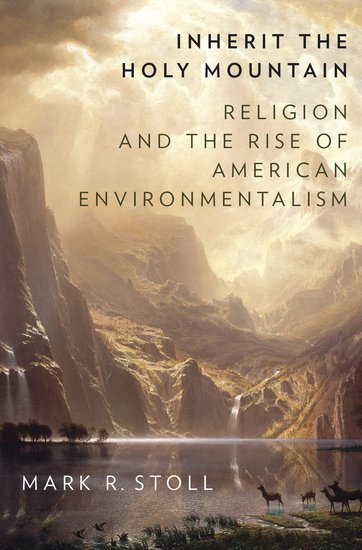
Inherit the Holy Mountain: Religion and the Rise of American Environmentalism
Oxford University Press, 2015
Link to all reviews
“If the geographic region of focus is the United States, then the book is mandatory. The impressive amount of data covered in its pages, and the cohesive narrative that contextualizes and analyzes this data, cannot be captured in a 1,600-word book review. Scholars owe Stoll a debt of gratitude for the 30 years of dedication to crafting this thorough treatment of the impact religion has had on environmentalism in the US. This gratitude should begin with the assignment of this book in graduate seminars devoted to interactions between religion and nature, where it can provide a shining example of scholarship toward which future leaders of the field should aspire.”
Todd LeVasseur, Journal for the Study of Religion, Nature and Culture“Spanning five centuries and encompassing religious and enviromental history with a heavy dose of art history, Inherit the Holy Mountain is the product of extensive research and offers a sweeping cultural reinterpretation of the history of American enviromentalism.”
Luke Manget, Agricultural History“He has painted such a rich description of religion in the lives and ideas of American environmentalists that readers will be struck by new insights and want more information about interactions between religion and environmental history. One need not agree with all of his conclusions to appreciate the quality of his research and be excited about the scholarship it will inspire as others respond to his ideas.”
Religion“[An] insightful religious history of environmentalism.”
Vincent J. Miller, America Magazine“It provides a detailed and fascinating genealogical analysis of the religious origins of American environmentalism. This is an impressive, provocative work of synthesis and original scholarship that enriches greatly our understanding of the history of the American environmental movement by placing religion at its core.”
William Van Arragon, Fides et Historia“Mark has written a book that has the potential to change the way environmentalists think about religion and the way religious people think about environmentalism.”
Constance M. Furey, H-Environment“Stoll is on to something. The book's argument is especially convincing in its interpretation up to the twentieth century and through the Progressive Era. Trying to identify religion's ethereal influence on human events is often a difficult task, and evidentiary smoking guns can be rare. Yet Stoll convinces through scrupulous interpretation of a mountain of creatively gathered circumstantial (and stronger) evidence ranging from sermons to his brilliant analysis of Thomas Cole's 1836 painting The Oxbow as a manifestation of Protestant doctrine and Puritan devotional practice affecting Hudson River school artists and their glorification of the environment.”
Todd M. Kerstetter, Journal of American History“[T]he religious focus developed in this important work serves to provide new depth and color to a series of portraits of America's environmental founding figures. Its imminent readability and wealth of documentary evidence will make a lasting impression on a wide range of readers.”
Pacific Historical Review“Stoll's book is an important contribution to our understanding of the religious roots of environmentalism and significantly undermines White s thesis by showing that Christianity is not hostile to preserving the environment but rather can form the foundation for a sound environmental ethic.”
The American Historical Review“In Ecology in the 20th Century: A History (1989) historian Anna Bramwell gave the following short characterization of the (radical) environmentalist: 'As well as being saved, he is a protestant.' Bramwell did not elaborate on her provocative statement but now the gap has been filled by this splendid book by Mark Stoll.”
Tijdschrift voor Geschiedenis“[A] wonderfully rich new study.”
Christian Century“A remarkable and eye-opening study in the history of ideas; [Stoll] demonstrates nothing less than the vivid impact of faith traditions on citizen action and public policy relevant to the environment in the United States...A superb and lush history of the environmentalist impulse seen through the lens of faith traditions.”
Library Journal, starred review“Thoughtful and fascinating, with carefully crafted prose and clearly organized evidence, this book provides a new lens on the history of both religion and the environment in America, showcasing not only the facts but also the motivations while providing new insights into the past and future.”
Publishers Weekly“This extraordinary book is a must read. It is a panoramic survey with a wealth of detailed information, insights, and revelations about this generally neglected subject...This book will be of special interest to art historians, conservationists, environmentalists, religionists, and many of other persuasions.”
CHOICE“Provides a ringing call for greater awareness and more attentive concern for the natural world as a central tenet of the Christian life.”
Los Angeles Review of Books“Inherit the Holy Mountain is a tremendous asset in the study of environmental history in America in both its breadth and its detail. The book is documented scrupulously, endnotes with trails to a thousand other histories. Stoll's prose is accessible and precise, especially in its biographical details. Readers will likely want to jot down many names from the endless stream of persons involved in the evolution of American environmental thought for further study. Stoll's contribution to the field is an important one which should serve as a foundational text for American environmental studies in conversation with religious studies. His lucid arguments connecting Reformed Protestantism and its descendants to the modern postindustrial fight to save America's beauty and to restore Eden shine a needed light on the simplistic dichotomy of religion as enemy of earth and secularism as savior.”
Association for Mormon Letters“Just when it seemed that there was nothing new (and worthwhile) to say about the history of US conservation and environmentalism (nor about attitudes to wilderness and its preservation), the most intensively tilled fields in US environmental history, along comes this landmark publication. Inherit the Holy Mountain consolidates and extends Stoll's reputation as the foremost historian of religion and the American environment in the international community of environmental historians. Stoll is truly the Max Weber of American environmental history. He is a brave and stimulating scholar who works against the grain of conventional wisdom.”
Peter Coates, Professor of American and Environmental History, University of Bristol“Inherit the Holy Mountain includes passages of straight religious history and passages of straight political history, which track the emergence of an environmental or proto-environmental movement from appreciation of nature, and which also serve as background for the most distinctive feature of the book: the analysis of the lives and works of prominent (and not so prominent) figures. Particulary striking is the analysis of evocative works of art which begin most chapters. These discussions, as well as those of literature and religion, display impressive erudition and powerful synthesis. Stoll includes numerous condensed biographies, in order to demonstrate the social, religious, and sometimes ethnic backgrounds of his subjects. In both its breadth and its depth, Inherit distills a great deal of research; it offers an illuminating perspective on the history of environmentalism; and it is a pleasure to read.”
Harriet Ritvo, Arthur J. Conner Professor of History, MIT“An intellectually impressive work that draws on the author's deep knowledge and painstaking research. Inherit conveys a sense of a history once largely hidden and now revealed and illuminated--a history that has been right in front of us all along, but which we missed until now. First, the book shows how the very languages of conservation and its more recent modern variant, environmentalism, are strikingly consistent with the figures, tropes, and wordings of past Protestant treatises. Second Stoll reveals the Reformed Protestant influence on some unexpected people. Finally, Stoll reveals the intellectual and creative patterns that linked groups of people not only to Reformed Protestantism, but also to each other. Inherit is a major statement in the ongoing debate about the origins and development of American conservation and environmentalism. No scholar who writes about these tropics can ignore what he has to say.”
Mark Fiege, Professor of History, Colorado State University“Reading Inherit the Holy Mountain is an education in itself: by integrating religious history with environmental history, Stoll shows both why American environmentalism has been so deeply shaped, for good and ill, by the notion that 'Nature' can only be where 'Man' is not; and why this is only one element in a far richer and more various American tradition that has, in the past, found productive and effective ways to bring together social and environmental justice for the common good. Stoll's work makes a landmark contribution and offers something of a paradigm shift. His book, which culminates a lifetime's research, is a breakthrough for many of us across a range of American literary, cultural, religious and environmental studies. It deserves to be widely read and studied.”
Laura Dassow Walls, Willliam P. and Hazel B. White Professor of English, University of Notre Dame“His consistent inquiries and truly pioneering investigations have made Stoll the most prominent scholar on the relationship between religion and environmental thought. Through meticulous research and compelling prose, he has taken a topic largely ignored by decades of environmental history and presented a persuasive narrative. His compelling tale is based on impressive amounts of intellectual history -- tracing the lineage of key ideas imbedded in recent environmentalism -- and supplemented by impressive biographic accounts that infuse the argument with ample and convincing detail. In addition, he ventures into the artistic expressions of early environmental ideas. This element of his book adds a dimension seldom seen in environmental history and makes a novel and creative, and highly appropriate, contribution to the field.”
Craig Colten, Carl O. Sauer Professor, Louisiana State University“Mark Stoll is easily the country's (and, probably, the world's) top historian of religion and environmentalism. Some other historians have noticed religious influences on enviornmental thought. It is fair to say, though, that no one has thought as broadly and deeply as Stoll. Inherit the Holy Mountain is a deep, sustained analysis of religion and environmentalism. It pushes beyond Protestantism to examine other confessions, such as Catholicism and Judaism. One important aspect is its attention to waves of Protestant denominations leading enviornmental reform movements--from Congregationalists, to Presbyterians to 'everyone else.'”
Edmund Russell, Joyce and Elizabeth Hall Distinguished Professor of United States History, University of Kansas“In this long-awaited study, Mark Stoll reveals the multiple threads of religiosity running through American environmentalism from the early days of the republic to the 21st century. Engagingly written and thoroughly researched, Inherit the Holy Mountain casts new light on an old subject, illuminating a hidden coherence and logic. The history of environmentalism in the U.S. will never look quite the same.”
J.R. McNeill, Georgetown University“Mark Stoll's Inherit the Holy Mountain is a fascinating, compelling, and enlightening journey through American history that interweaves religion with environmental preservation. Stoll skillfully narrates the nuanced roles of Calvinists, Congregationalists, Unitarians, and Presbyterians along with the voices of African Americans, Catholics, and Jews in conserving landscapes. Anyone interested in how and why American religious traditions have been so significant in setting aside forests and parks, saving wildlife, and mitigating urban pollution will want to read this book.”
Carolyn Merchant, University of California, Berkeley, author of The Death of Nature; Ecological Revolutions; and Reinventing Eden“Interweaving American religious and environmental histories, Stoll has produced a tapestry richly textured with denominational variations and particular landscapes. Wary of environmentalism's prevailing Transcendentalist aura, Stoll resurfaces the Congregational and Presbyterian conduits of so much of American conservationism. His is an impressive reexamination of the religious and artistic qualities of the American engagement with nature.”
Leigh E. Schmidt, author of Restless Souls: The Making of American Spirituality“Inherit the Holy Mountain provides an essential and long-overdue historical guide to the ways in which America's diverse religious cultures have impacted the development, or retardation, of conservation movements. Supplying an absolutely fresh perspective on American environmental politics, Stoll gives his readers reasons to lament the demise of the country's Calvinist heritage.”
R. Laurence Moore, author of Religious Outsiders and the Making of Americans“A masterful portrait of America's religious traditions that illuminates already existing themes instead of imposing them. Stoll's book is a treasure to the Christian theologian and the environmentalist...Faithful Christians seeking to understand the historic ties between their faith and the green movement will find this text invaluable.”
Themelios“All in all, Inherit the Holy Mountain admirably fulfills its stated aim of merging 'the narratives of American religious and environmental history.' . . . In the process, it succeeds as well in explaining what science, landscape painting, and sociopolitical history can contribute to these conjoined narratives. Toward that end, the book interlards its commentary with an unusually welcome array of halftone illustrations, color plates, and appendix charts.”
Reading Religion“Mark Stoll's book sets out to trace the religious roots of American environmentalism, arguing that Calvinist teachings about God's presence in the world and the communal quality of salvation, embodied in the New England town, drove the beginnings of the movement in nineteenth-century America.”
Journal of Mormon History“Stoll's volume is a valuable contribution to the historical study of the interconnections between religions and environmental attitudes and behaviors. It should be required reading for all graduate students and scholars interested in the history of North American environmentalism, religion and ecology, or environmental humanities more broadly.”
Journal of Southern History
